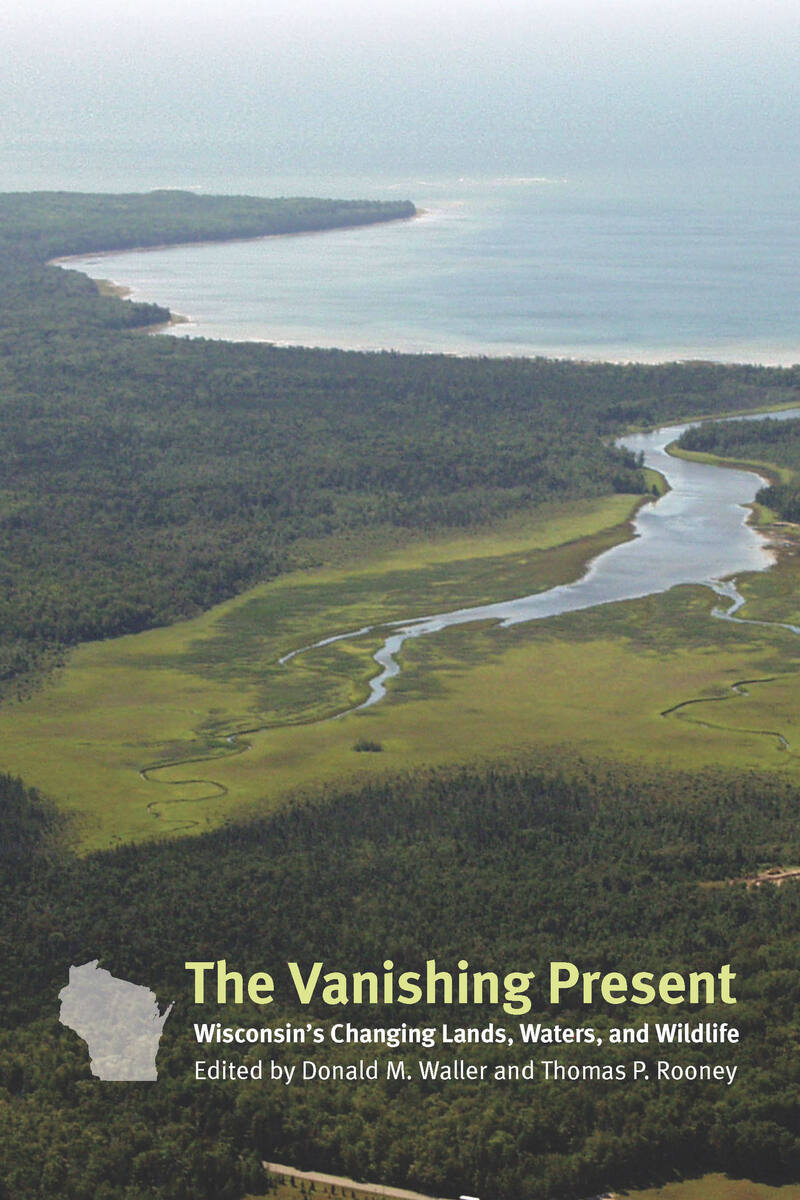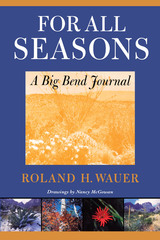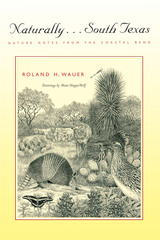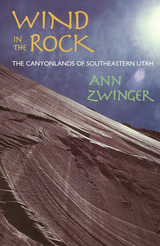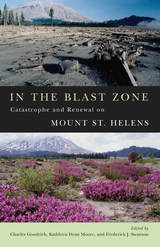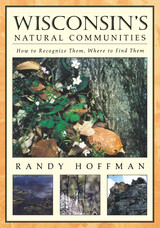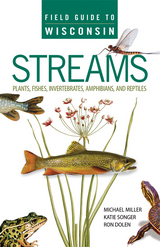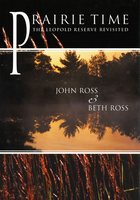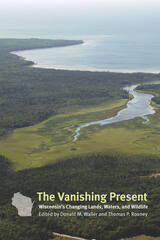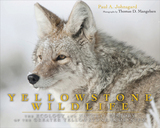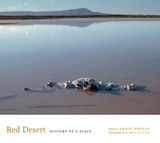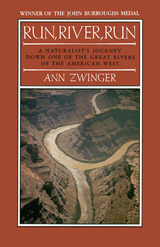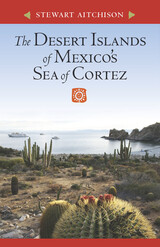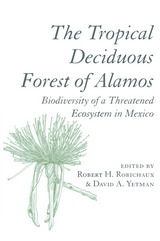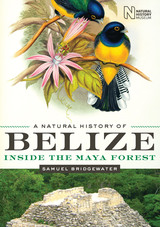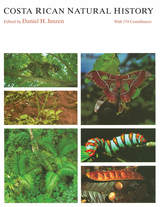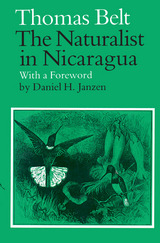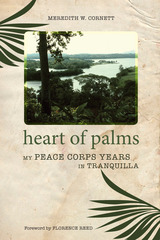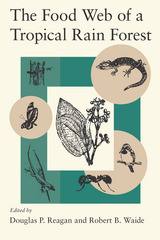The Vanishing Present: Wisconsin's Changing Lands, Waters, and Wildlife
University of Chicago Press, 2008
Paper: 978-0-226-87173-8 | eISBN: 978-0-226-87174-5 | Cloth: 978-0-226-87171-4
Library of Congress Classification QH105.W6V36 2008
Dewey Decimal Classification 577.1809775
Paper: 978-0-226-87173-8 | eISBN: 978-0-226-87174-5 | Cloth: 978-0-226-87171-4
Library of Congress Classification QH105.W6V36 2008
Dewey Decimal Classification 577.1809775
ABOUT THIS BOOK | AUTHOR BIOGRAPHY | REVIEWS | TOC | REQUEST ACCESSIBLE FILE
ABOUT THIS BOOK
Straddling temperate forests and grassland biomes and stretching along the coastline of two Great Lakes, Wisconsin contains tallgrass prairie and oak savanna, broadleaf and coniferous forests, wetlands, natural lakes, and rivers. But, like the rest of the world, the Badger State has been transformed by urbanization and sprawl, population growth, and land-use change. For decades, industry and environment have attempted to coexist in Wisconsin—and the dynamic tensions between economic progress and environmental protection makes the state a fascinating microcosm for studying global environmental change.
The Vanishing Present brings together a distinguished set of contributors—including scientists, naturalists, and policy experts—to examine how human pressures on Wisconsin’s changing lands, waters, and wildlife have redefined the state’s ecology. Though they focus on just one state, the authors draw conclusions about changes in temperate habitats that can be applied elsewhere, and offer useful insights into future of the ecology, conservation, and sustainability of Wisconsin and beyond.
A fitting tribute to the home state of Aldo Leopold and John Muir, The Vanishing Present is an accessible and timely case study of a significant ecosystem and its response to environmental change.
The Vanishing Present brings together a distinguished set of contributors—including scientists, naturalists, and policy experts—to examine how human pressures on Wisconsin’s changing lands, waters, and wildlife have redefined the state’s ecology. Though they focus on just one state, the authors draw conclusions about changes in temperate habitats that can be applied elsewhere, and offer useful insights into future of the ecology, conservation, and sustainability of Wisconsin and beyond.
A fitting tribute to the home state of Aldo Leopold and John Muir, The Vanishing Present is an accessible and timely case study of a significant ecosystem and its response to environmental change.
See other books on: Biodiversity | Midwest | Waters | West North Central (IA, KS, MN, MO, ND, NE, SD) | Wildlife
See other titles from University of Chicago Press
